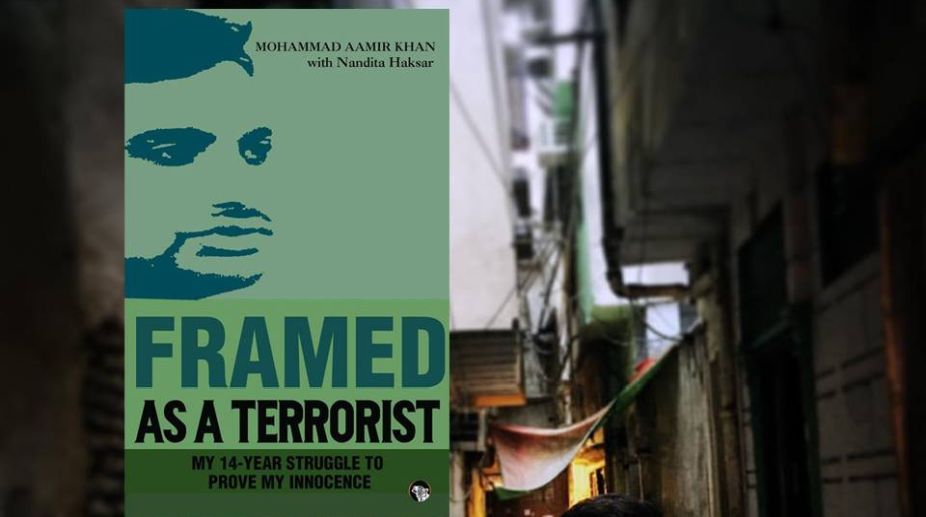“My name is Khan and I am not a terrorist” is something thousands of young Muslims find themselves saying across the country.
Many of them are killed in encounters, the truth of which can never be established. Framed as a Terrorist is the story of Mohammad Aamir Khan’s 14-year struggle to prove his innocence and one might call him one of the fortunate ones. Despite the police brutality and cross examinations, Khan has managed to emerge from the depths of jail to tell his story with the help of Nandita Haksar.
We are familiar with the details he describes because we have read them a thousand times in all kinds of literature and media reports. The young men arrested for being Naxalites for example in Bengal, who vanished in the night and/or were lost forever — they did not have the benefit of trials. Khan ran the barrage of electric shocks and beatings.
Advertisement
Not to mention the regular medical checkups, which failed to mention the marks of torture in the reports. There were appearances in court where the word, torture, was not mentioned either. Khan found himself clearing one charge only to find himself being confronted by another and another. His parents struggled to prove his innocence and Khan’s only brief absence from prison was when the judge allowed him an hour to visit his father in hospital.
His father died soon after that when Khan was cleared of 11 cases with eight more to go and his mother took on the task of trudging from lawyer to lawyer. Khan’s story is one of the triumph of hope in the face of despair. His strength came from the people who believed in him and who worked for him outside the Tihar system. He also had kindness from fellow convicts —a Sikh would throw dates into his cell to help him break his fast when he was observing roza in solitary confinement.
And, when he emerged from jail, his childhood sweetheart was still waiting for him and her father was persuaded to allow the two of them to marry, despite his doubts about having a jailbird for a son-in-law. There are differences in Khan’s story, but ultimately his is the story of any young man picked up from the road and condemned without a hearing, condemned by the fact of religion, being in the wrong place at the wrong time, or by political affiliation.
To be Muslim is the most common of the condemnations and Khan’s time in jail was complicated by the attack on Parliament that took place. What caused the police to pick on an ordinary young man from Delhi’s bylanes? The fact that his elder sister lived in Pakistan and while preparing to visit her, he was approached by an agent and asked to spy for India.
He was given documents to take back with him to India but when he reached the border, his terror at being caught by the Pakistani authorities caused him to throw the bag away. His arrest followed after that.
Today, though he is a free man, the State has not acknowledged his innocence. He has not been given any compensation for the 14 years he mouldered in jail, nor have the police officers who arrested him been charged for wrongful arrest and harassment.
However, Khan wrote the book not to right his wrongs but to let civil society know about the kind of treatment that gets meted out to those who do not deserve it and about others like him who, despite being innocent, haven’t managed to set themselves free.
(The reviewer is a freelance contributor)
Advertisement












